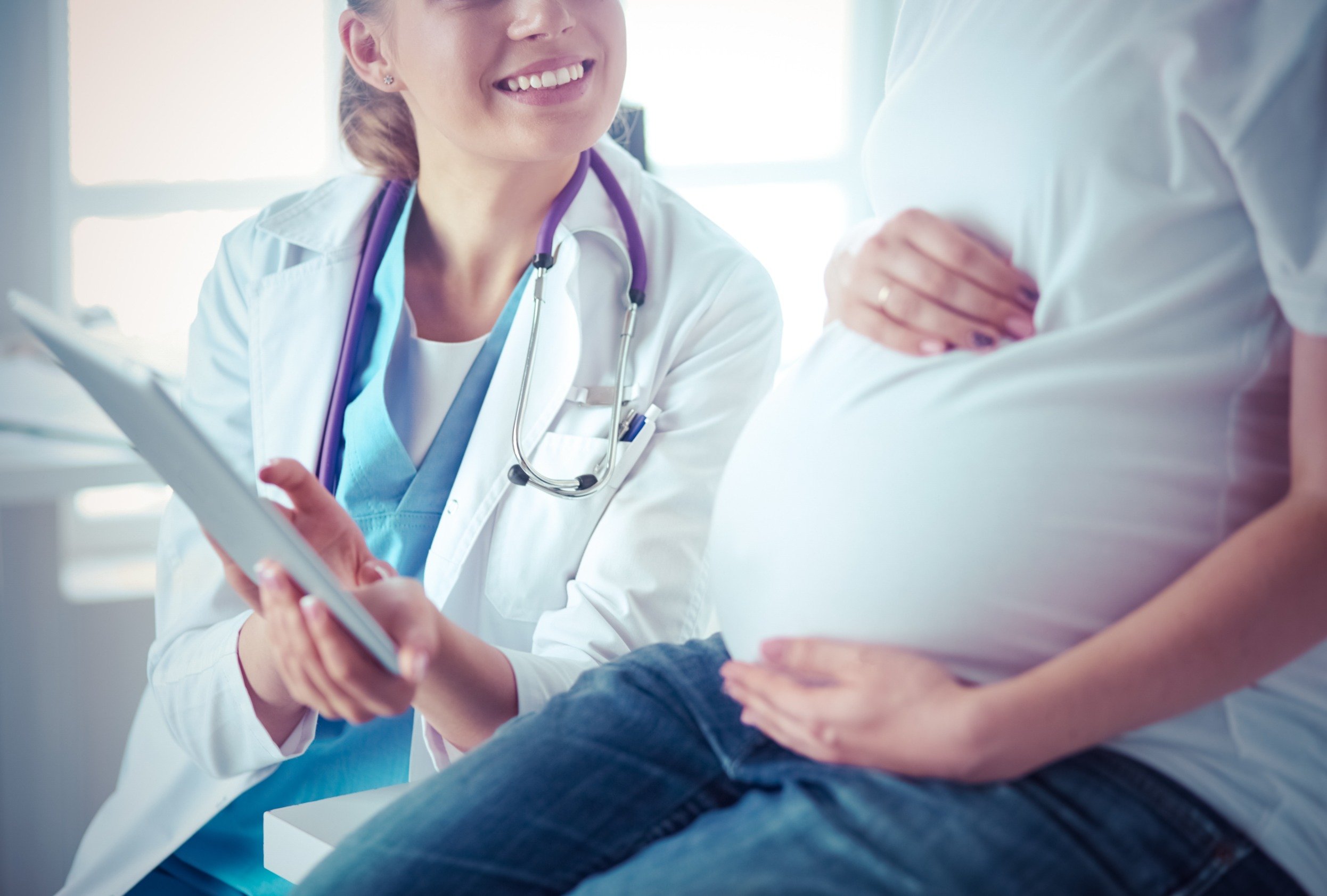The unfortunate reality is that not every pregnancy goes perfectly from conception to birth, and that’s the case with an ectopic pregnancy.
An ectopic pregnancy occurs when the fertilized egg ends up attaching and growing outside the uterus. Oftentimes during an ectopic pregnancy the egg will settle within the fallopian tubes, but it can also attach within the cervix, ovaries or abdomen. Because the egg is not within the uterus, an ectopic pregnancy cannot result in the birth of a baby, and it requires special care because it can pose a health risk to the mother. Below, we explain how ectopic pregnancies are cared for to protect the mother’s health.
Causes And Symptoms Of Ectopic Pregnancies
When it comes to causes of ectopic pregnancy, any condition that slows down or inhibits the movement of your egg down your fallopian tube can increase your risk of an ectopic pregnancy. Some of those risk factors include:
-
Fallopian tube damage from a sexually transmitted disease.
-
Scar tissue development due to a previous pelvic surgery.
-
A genetic condition resulting in an irregularly-shaped fallopian tube.
-
The presence of a growth that blocks or narrows your fallopian tube.
Oftentimes the symptoms of an ectopic pregnancy mimic the symptoms of a normal pregnancy, so it may be hard to know in the early stages of your pregnancy that there is an issue. Normal pregnancy symptoms of breast tenderness, nausea, fatigue and missed periods will be present with both a standard and ectopic pregnancy, but as you progress it may become more apparent that there is an issue. You may begin to notice mild to severe abdominal pain, vaginal bleeding/spotting or dizziness and lightheadedness.
Diagnosing And Treating Ectopic Pregnancies
Oftentimes an ectopic pregnancy is caught during the initial prenatal appointment. Your provider may suspect that you are dealing with an ectopic pregnancy if a urine test shows low levels of the hormone human chorionic gonadotropin or when they search for the fertilized egg with an ultrasound. If they confirm that the egg has attached outside of the uterus, they will discuss treatment options.
Active treatment is necessary because a growing egg can cause the fallopian tube to rupture, leading to severe internal bleeding and a potentially life-threatening situation. In cases where the fallopian tube has not yet ruptured, the provider may recommend a single injection of methotrexate, which will stop the egg from growing and end the pregnancy. While this is not an ideal situation for any expecting mother, the pregnancy would not be viable in its current state and is only a threat to the mother’s health, so the medication to stop the growth of the non-viable egg is the standard treatment.
If your fallopian tube has ruptured or is at risk of rupturing, surgery may be recommended. Using minimally invasive techniques, your surgeon will create a small incision in your abdomen in order to access the fallopian tube. Depending on your situation, they may remove the entire fallopian tube or they may excise the egg from the fallopian tube.
Nobody ever wants to learn that they are dealing with an ectopic pregnancy, but the silver lining is that many women go on to have successful pregnancies and births after an ectopic pregnancy. Your women’s care provider can discuss your likelihood of a viable pregnancy once the ectopic pregnancy has been resolved, and we’re also able to connect you with counseling services to assist with the mental and emotional side of an ectopic pregnancy.
For more information about ectopic pregnancies, or to talk to a care provider about a different women’s health issue, reach out to the team at MetroPartners OBGYN today at (651) 770-3320.

